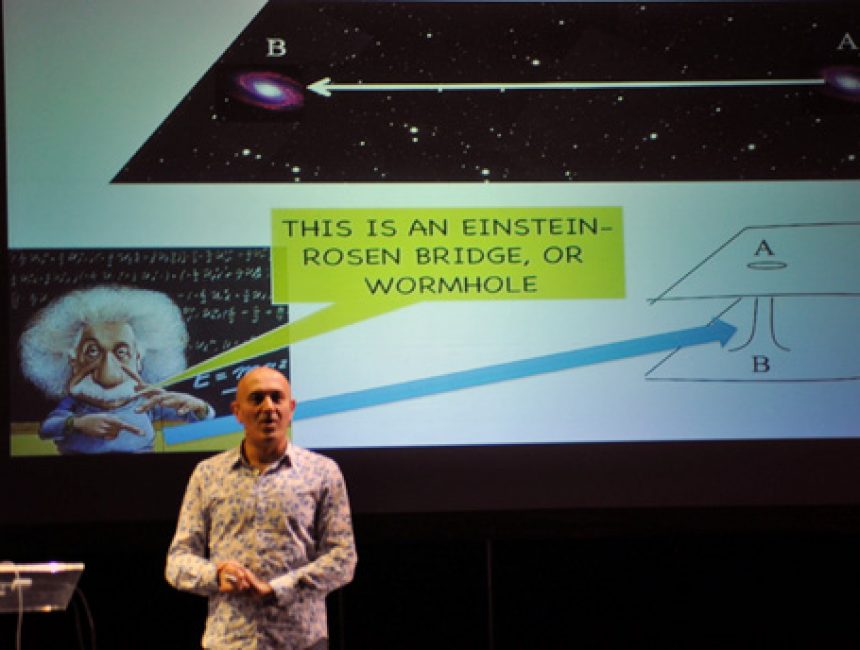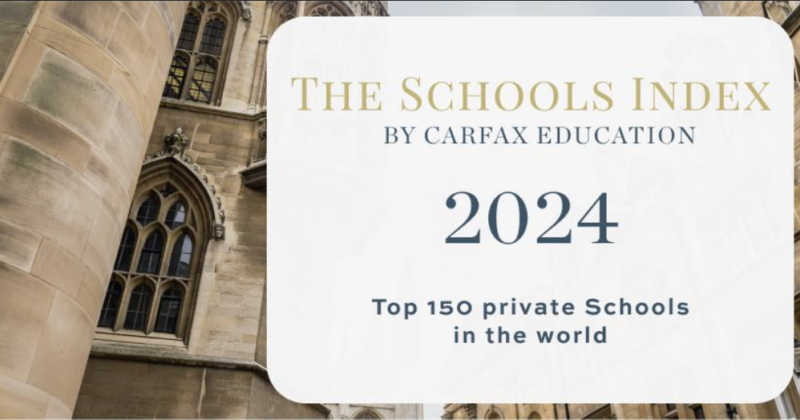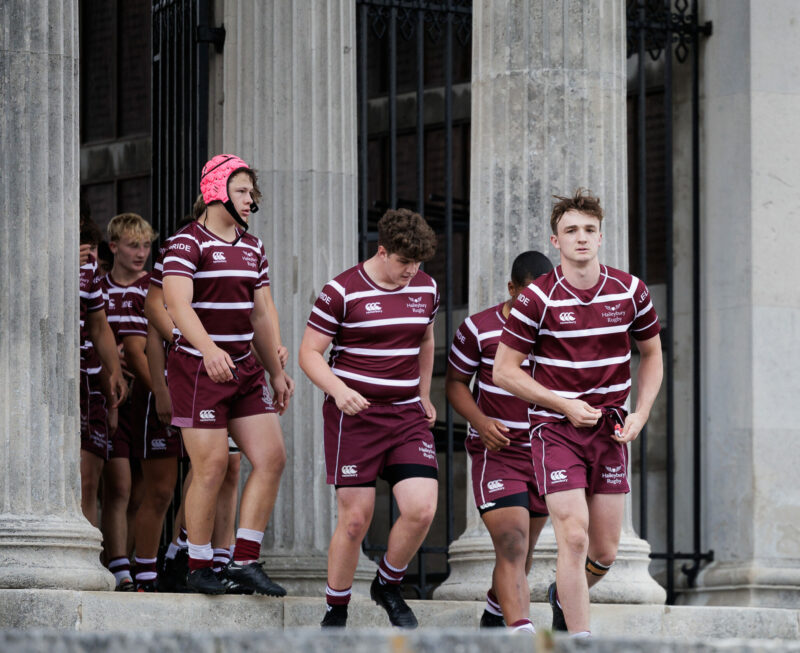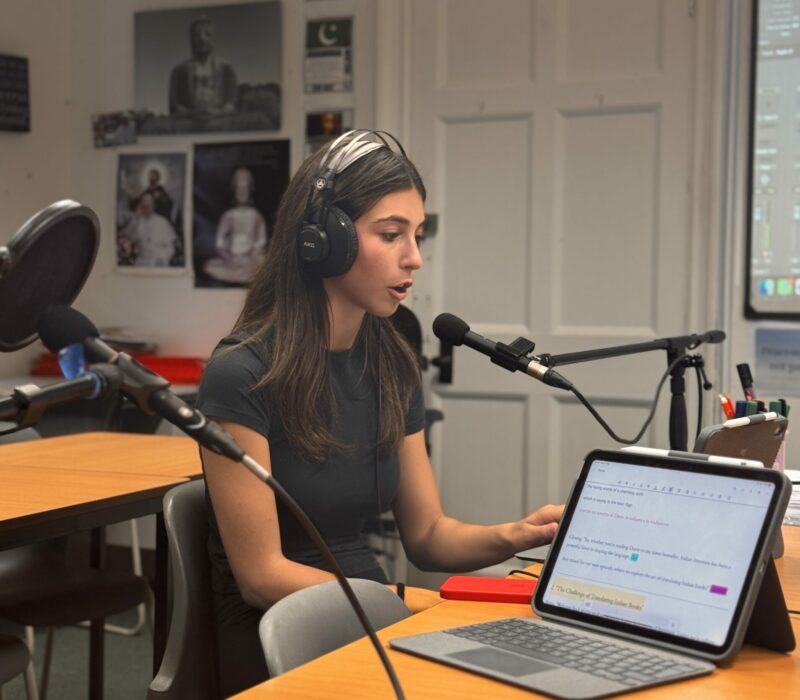This website uses cookies so that we can provide you with the best user experience possible. Cookie information is stored in your browser and performs functions such as recognising you when you return to our website and helping our team to understand which sections of the website you find most interesting and useful.
Time travel and nuclear fusion at GCSE Science Live

Our Middles (Year 10) triple-award scientists were treated to a day of interesting and inspiring lectures at the Barbican Theatre on Friday, from some of the world’s biggest names in science.
Dr Kate Lancaster discussed how nuclear fusion (rather than nuclear fission) may one day play a key role in solving our energy problems. It has been a long time coming due to some very tough scientific problems, many of which have now been solved and an experimental reactor is being set up.
Professor Mark Miodowink, a materials scientist, gave a fascinating lecture looking at how the understanding of matter down to nano-scale allows us to copy nature in its ability to, for example, stick to things (as in Gecko Tape) and repel water, through the lotus effect. One of the highlights of the day was a lecture by Professor Lord Robert Winston, a medical doctor and distinguished scientist in the area of human fertility, who talked us through some of the breakthroughs at the cutting edge of gene therapy. A particular story that will stick in my mind was about a mouse who could run for nearly four hours nonstop without getting tired due to genetic modifications. Lord Winston also discussed the ethical implications of gene therapy in humans.
Professor Andrea Sella then talked us through some processes involving auto catalysis and finally, perhaps the most mind bending lecture of all, Jim Al-Khalili opened our eyes to the possibility of time travel. Ideas such as black holes, worm holes, being able to slow time down and bend time itself left us with some big ideas to think about and no small amount of head scratching to be done.
Mark Forth, Head of Chemistry




